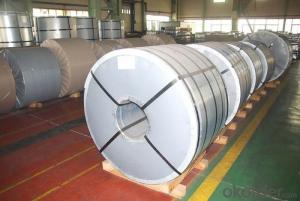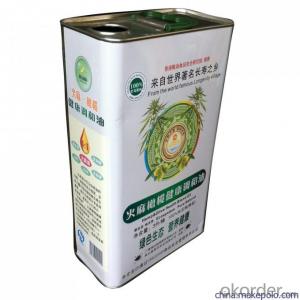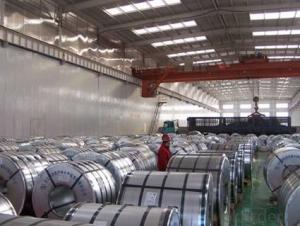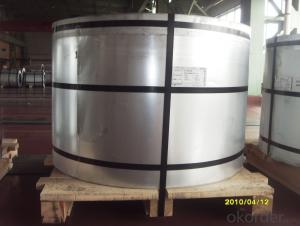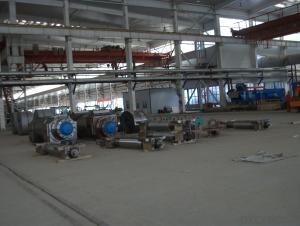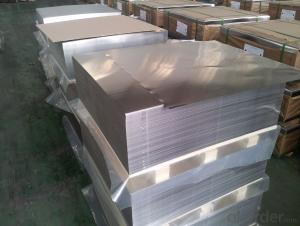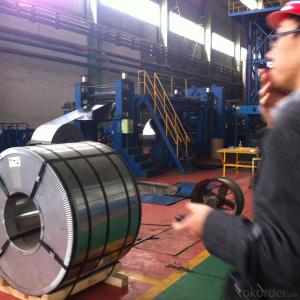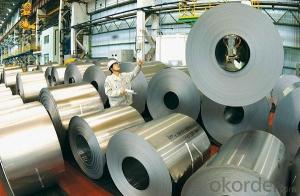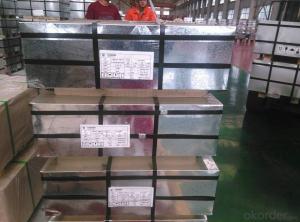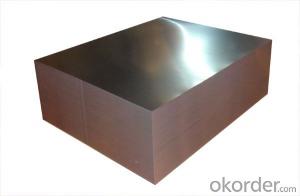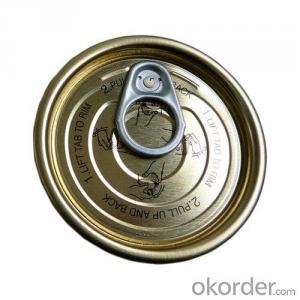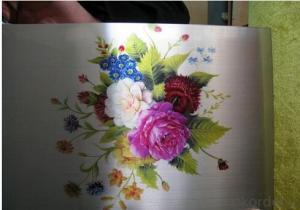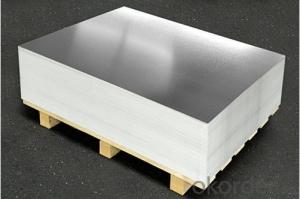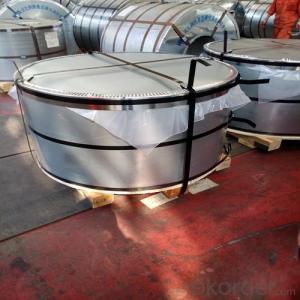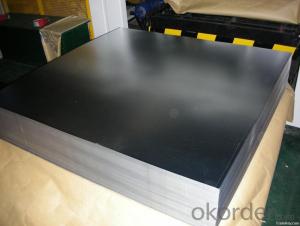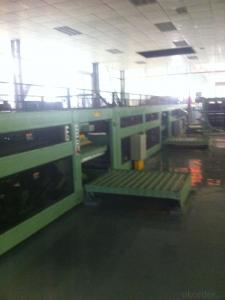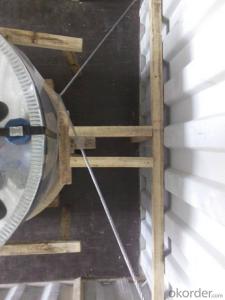All Categories
- - Steel Wire Rod
- - Steel Coils
- - Steel Profiles
- - Steel Pipes
- - Stainless Steel
- - Tinplate
- - Special Steel
- - Steel Sheets
- - Steel Rebars
- - Steel Strips
- - Hot Rolled Steel
- - Cold Rolled Steel
- - Pre-painted Steel
- - Seamless Steel Pipe
- - Welded Steel Pipe
- - Hollow Steel Tubes
- - Galvanized Pipe
- - Stainless Steel Coil
- - Stainless Steel Sheet
- - Stainless Steel Plate
- - Stainless Steel Strips
- - Electrolytic Tinplate Coil
- - Electrolytic Tinplate Sheet
- - Stainless Steel Rebars
- - Solar Panels
- - Solar Water Heater
- - Solar Related Products
- - Solar Inverter
- - Solar Cells
- - Solar Light
- - Solar Energy Systems
- - Solar Controllers
- - Solar Mounting System
- - Solar Pump
- - Solar Chargers
- - Fiberglass Chopped Strand
- - Fiberglass Mesh Cloth
- - Composite Pipes
- - FRP Pultrusion Profiles
- - Fiberglass Mat Tissue
- - Fiberglass Fabrics
- - Fiberglass Mesh
- - Composite Tank
- - Fiberglass Mesh tape
- - Polymer
- - FRP Roofing Panel
- - Fiberglass Roving
- - Monolithic Refractories
- - Ceramic Fiber Products
- - Refractory Bricks
- - Raw Materials For Refractory
- - Suspended Platform
- - Cranes
- - Concrete Machinery
- - Earthmoving Machinery
- - Building Hoist
- - Road Building Machinery
- - Plastic Pipe Fittings
- - Plastic Tubes
- - Plastic Sheets
- - Agricultural Plastic Products
- - Plastic Nets
 All Categories
All Categories
Q & A
How is electrolytic tinplate sheet made?
Electrolytic tinplate sheet is made through a process called electrolytic tinning. It involves coating a thin sheet of steel with a layer of tin using an electrolyte solution and electrical current. The steel sheet is first cleaned and then passed through an electrolyte bath containing tin salts. Electric current is then applied, causing tin ions to be attracted to the steel surface, forming a layer of tin. This process ensures a uniform and corrosion-resistant tin coating on the steel sheet, which is widely used in various applications such as food packaging.
Can electrolytic tinplate sheet be used for manufacturing crown caps?
Yes, electrolytic tinplate sheets can be used for manufacturing crown caps.
Can electrolytic tinplate sheet be used for roofing or cladding?
No, electrolytic tinplate sheet is not typically used for roofing or cladding. It is primarily utilized for packaging purposes due to its corrosion resistance and ability to preserve the quality of the contents.
Does electrolytic tinplate sheet require any special handling during storage?
Yes, electrolytic tinplate sheets require special handling during storage. They should be stored in a clean, dry, and well-ventilated area to prevent corrosion. It is advisable to avoid exposure to moisture, extreme temperatures, and direct sunlight. Additionally, proper stacking and careful handling to prevent any physical damage or deformation is essential.
Wholesale Electrolytic Tinplate Sheet from supplier in Qatar
We are a Electrolytic Tinplate Sheet supplier serving the Qatar, mainly engaged in the sale, quotation, and technical support services of various Electrolytic Tinplate Sheet products in the Qatar region. We are a subsidiary platform of the Fortune Global 500 company CNBM, able to provide you with one-stop Electrolytic Tinplate Sheet procurement services in the Qatar. Not only do we have a wide range of Electrolytic Tinplate Sheet products, but after years of market development in the Qatar, we can also provide valuable experience for your projects.

